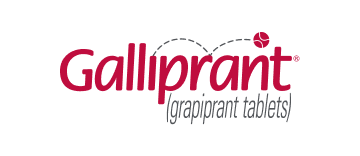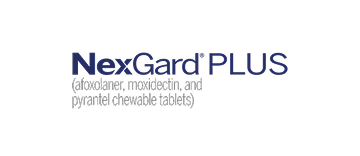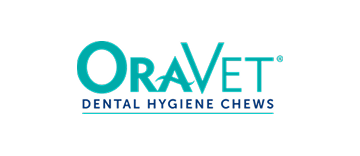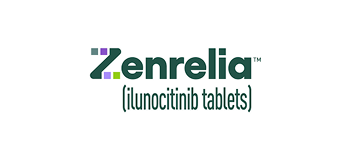Each February during pet dental month, we are reminded of the importance of maintaining excellent dental hygiene in our animals. As with the importance of human dental health, it is equally as important for animal guardians not to forget about oral health in our animal companions. Studies have long indicated that up to 80% or more of our dogs and cats have some significant level of periodontal and/or gum disease over mid age. Symptoms may range from none observable to the guardian at all, to varying degrees of increased bad breath or halitosis, drooling, trouble eating and/or lapping up water, as well as varying degrees of sensitivity when being pet near the head in the jaw area. Regarding especially cats, it is not rare to see the upper and/or lower jaw chatter on touch or massaging along the jawline. This is a common finding that I will often demonstrate to clients in the exam room, in order to show them that an area of the dental arcade may be painful, sensitive, or indicate an infected or inflamed tooth or tooth root. While the appearance of brown or yellow dental plaque is something that animal guardians can often evaluate at home as an indirect marker of periodontal disease, very often our animals have significant gum disease, which may take the form of a subtle to prominent red line or swelling along the tooth line. Very often in cats there is minimal dental plaque, and many cats simply have gum lesions which are known as neck lesions, and which often can only be detected by careful physical exam by a veterinarian. Increasing numbers of veterinarians are now incorporating the use of special dental x ray equipment to detect tooth and/or root lesions long before they become visible to us during a dental exam.
A thorough dental and/or oral exam, as well as dental x-rays are therefore critical to detect early lesions before they cause pain or become health risks to the animal. For many decades there has been increasing evidence of the link between untreated periodontal disease and future systemic disease, which may involve not only the structures of the oronasal cavity(often leading to tooth root abscess, or fistulas between the mouth and nasal cavity), but also increase risk for heart, liver, and/or kidney disease. There is even the risks of increased tendency to blood clot formation, which could lead to the development of stroke-like syndromes in our animals.
Depending on the age of a dog or cat, I recommend an annual to semi-annual exam by a licensed veterinarian, with possible dental x rays if indicated. Besides routine dental and ultrasonic cleaning, many animals may need tooth extractions (depending on the degree of periodontal disease). However, in recent years, there have been many advancements in veterinary dentistry, including endodontic tooth repair, orthodontic services, etc. In fact, veterinary dentistry is a growing specialty of veterinary medicine, much like other specialties of internal medicine, cardiology, neurology, etc. It is important to note that while non-anesthesia dental cleaning may be an option as a preventative and/or in animals with minimal periodontal disease, very often non-anesthesia dental cleaning may be inadequate, and sometimes may lead to unanticipated complications for the animal when attempting to clean the teeth without sedation.
Following a routine dental procedure and/or even as preventative care at home, there are increasing numbers of excellent products available, ranging from toothpastes, oral solutions added to the water, to various gels that can be applied to the gum line and/or teeth. 1-800-PetMeds has an excellent variety of such products as options. A few of my natural favorites for my holistic-minded clients are petzlife gel products, Maxiguard, as well as 1-TDC Periodontal Complex, the latter being an esterified fatty acid oil that soothes inflamed gum linings, as well as may even seal painful periodontal pockets that often accompany significant periodontal disease. I have seen many board-certified veterinary dentists even use these natural products in their dental practices following their procedures.
Veterinary dentistry and the importance of home care have truly expanded in recent decades. Hopefully, animal guardians will take the opportunity this pet dental month to begin and/or continue their pet oral hygiene program.
Dr. Michael Dym, VMD











































